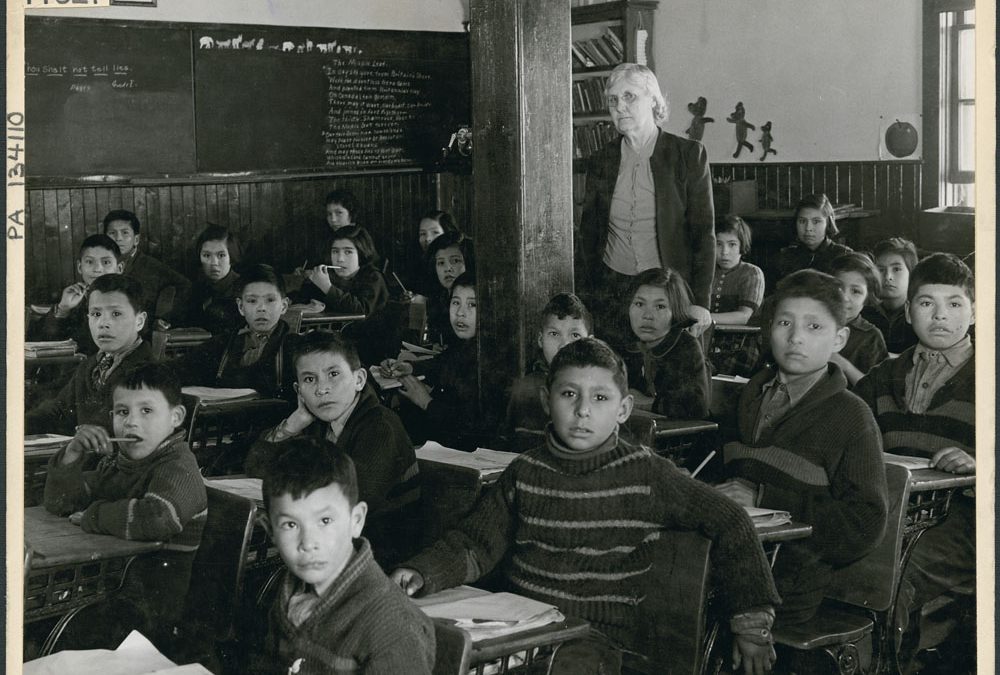WARNING: Disturbing content
A Saskatoon MLA said if the province was truly committed to reconciliation it would recognize two northern educational institutions as residential schools.
Betty Nippi-Albright wants the Timber Bay and Ile-a-la Crosse schools to receive official designation so that former students can be compensated.
“This government must take ownership for the Ile-a-la Crosse and the Timber Bay residential schools this province operated, and to release the records to residential school survivors and compensate those survivors that went to Timber Bay and Ile-a-la Crosse residential schools,” Nippi-Albright said.
In 2017, the Saskatchewan Court of Appeal ruled that Timber Bay was not a residential school, as it was not government-run. Yet the facility housed children who attended other residential schools. The RCMP is investigating a historical allegation from the Timber Bay school, dating to 1974, stating this is the only claim Mounties are investigating at a residential school. The Timber Bay school operated from 1952 to 1994.
The NDP are seeking an apology from the province. “We have yet to hear any apology from the government of Saskatchewan, or any responsibility or compensation for the victims. Because of this, we’re calling on Premier Scott Moe today to make an official apology here in the Legislative Building on behalf of the Government of Saskatchewan for the trauma caused,” explained leader Ryan Meili.
The Prince Albert Grand Council is too calling on the federal government to compensate former students of the residential school in Timber Bay. Grand Chief Brian Hardlotte said it is clear the school at Timber Bay was a residential school and explained children from a range of communities including Lac La Ronge Indian Band Montreal Lake Cree Nation and Peter Ballantyne Cree Nation were brought to the school.
“They’re entitled to that compensation,” he said.
One of the students brought to Timber Bay was Bobby Bird who was 10 years old. Hardlotte explained Bird and several other students ran away from the school in 1969 and their remains were not found until 30 years later.
“Bobby Bird was just one death of many that was a direct result of the schools also that we know there have been many more cases,” he said.
In September to mark the first National Day for Truth and Reconciliation, elder Jimmy Durocher pressed Prime Minister Justin Trudeau to recognize the Ile-a-la Crosse residential school, as discussions are ongoing.
“The acknowledgments are critical to incorporating the truth into the nation’s collective consciousness. It’s very important that not just us that are here today are the survivors that are out there that are still suffering, that are still need to deal with this issue, the mental health needs that are there, not just for them, but for all Canadians to understand, so that we can fix this together as one Canada,” said Durocher. The Ile a la Crosse boarding school operated from the 1860’s to the mid-1970’s.
Support is available for those affected by their experience at Indian Residential Schools and in reading difficult stories related to residential school. The Indian Residential School Crisis Line offers emotional and referral services 24 hours a day at 1-866-925-4419. In Saskatchewan, the Regina Treaty Status Indian Services at 306-522-7494.
(With files from Michael-Joel Hansen)
